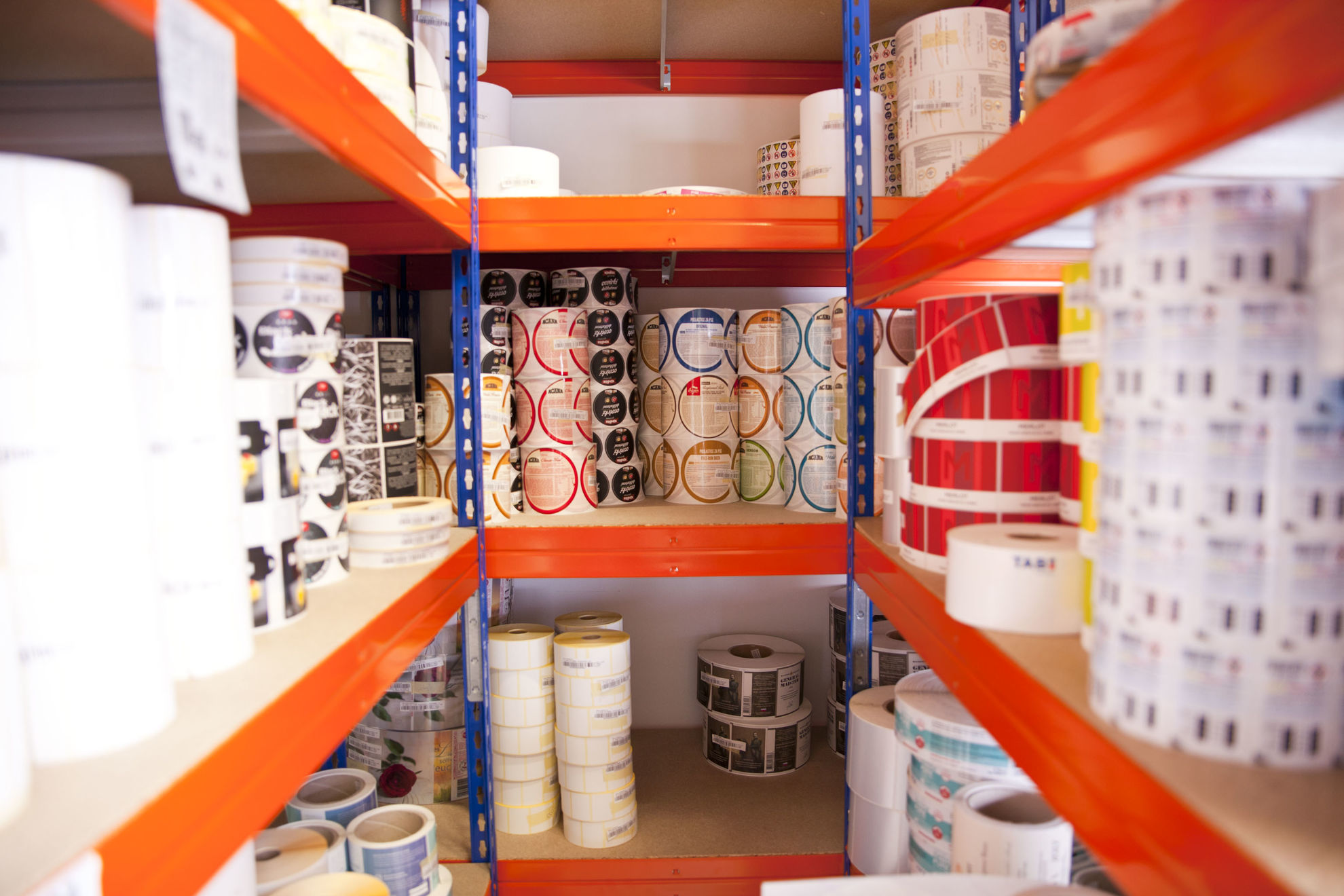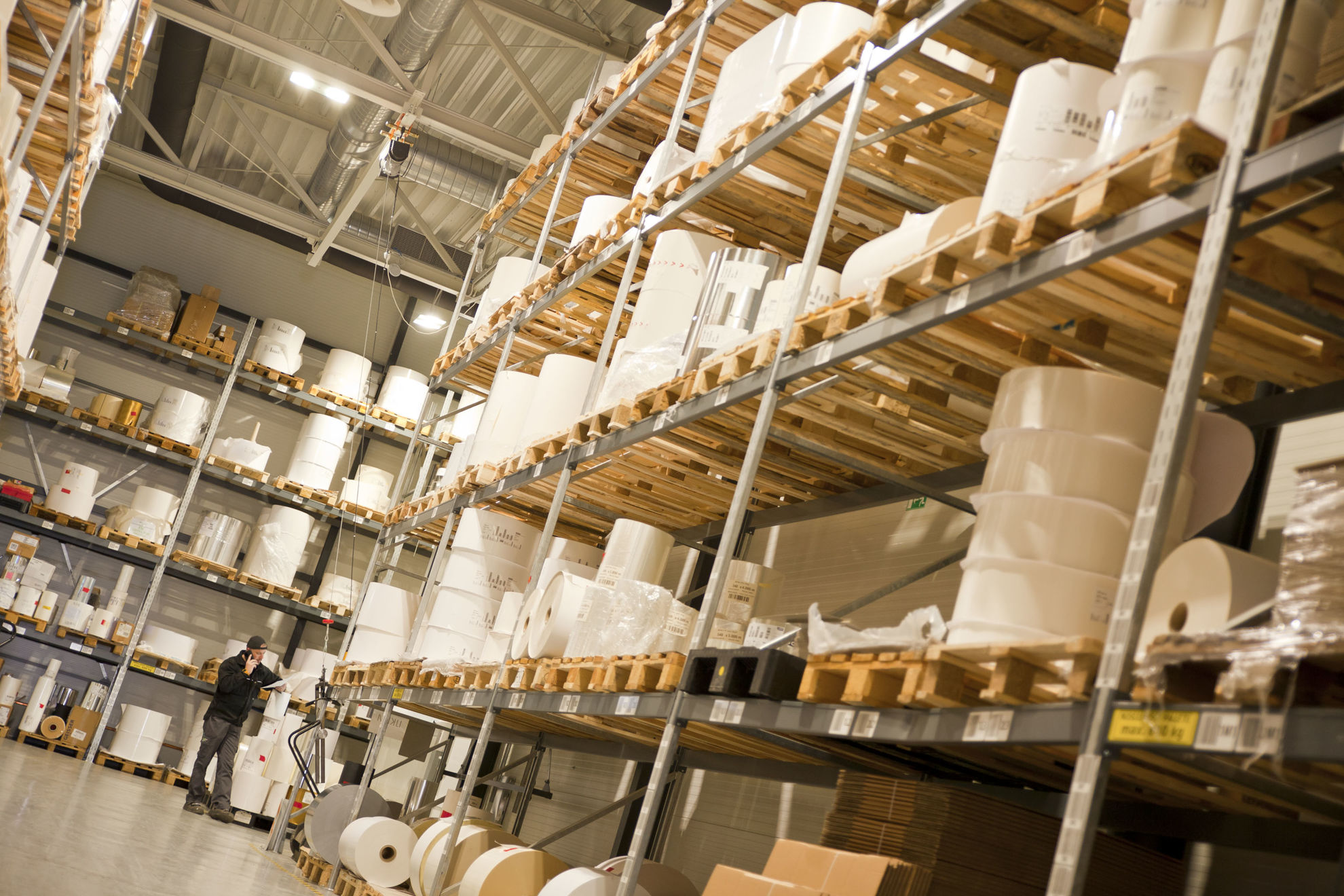Why are we using cookies?
We use cookies to provide user-friendly online services, better user experience and to track visit statistics. The interaction between the web user and the website is faster and easier with the help of cookies.
In particular, the site remembers the individual's preferences and experiences, thus saving time and making browsing the sites more efficient and friendly.
Cookies are not harmful and are time-limited.
More about Cookies
Required cookies
Required cookies.
On
Off
These cookies are necessary for the operation of the website, because without their installation, the website would not work properly. These cookies cannot be turned off.
Cookies for Analytics
Cookies for Analytics.
On
Off
This cookies allow us to track website analytics and collect anonymous information about how users behave on the website in order to improve the experiential component of the website.
Social network cookies
Social network cookies.
On
Off
This cookies allow different plugins of social websites to work on this website.
Advanced advertising cookies
Advanced advertising cookies.
On
Off
These cookies enable more detailed recording of data for advertising purposes.



